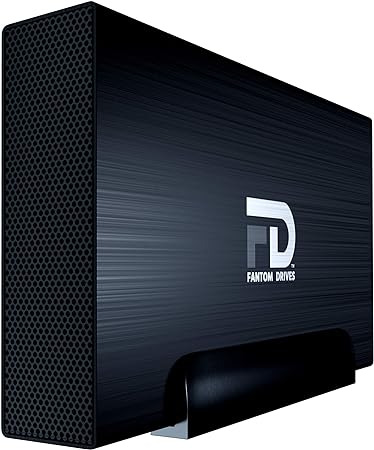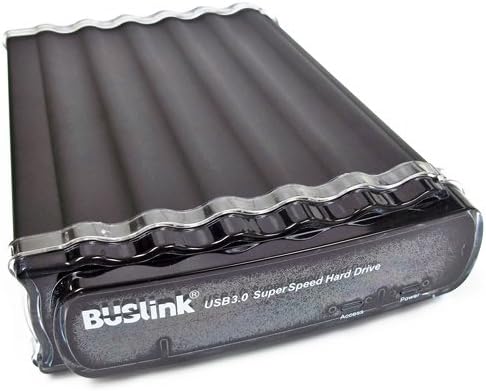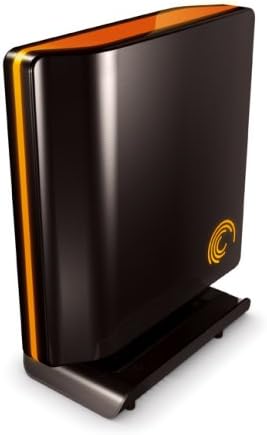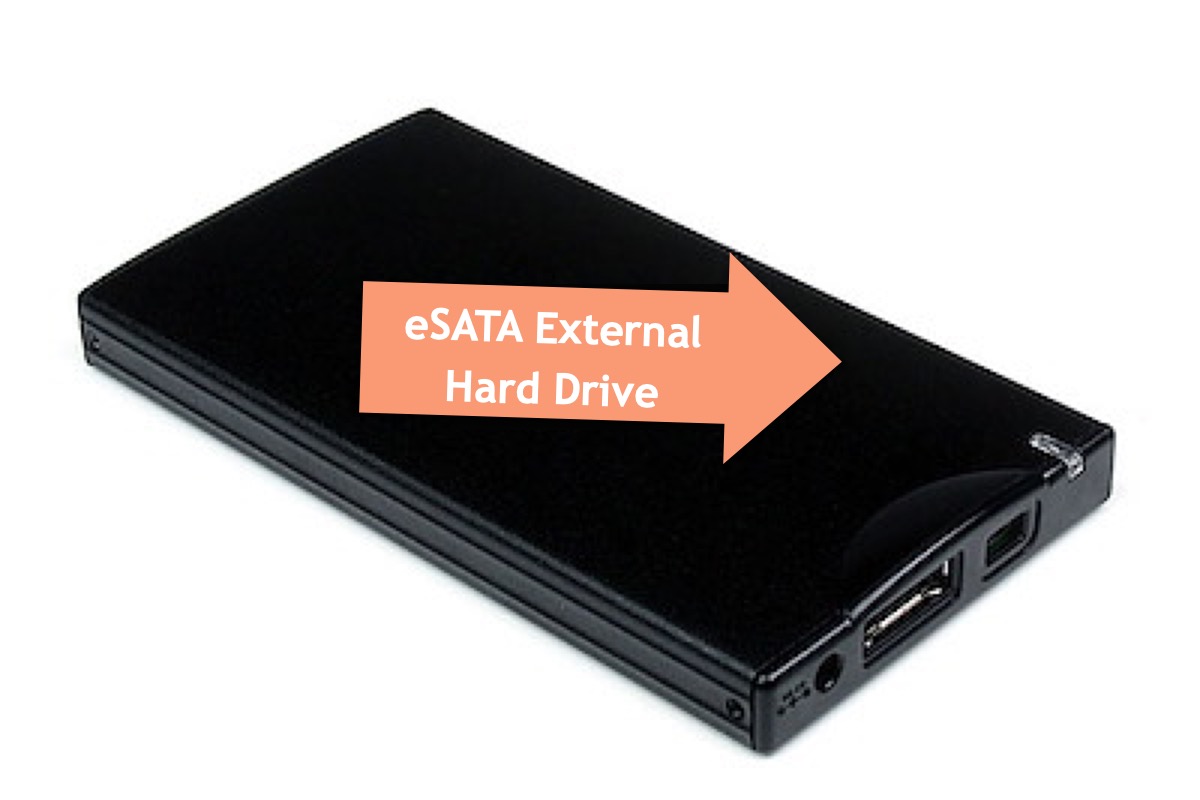There are sorts of external hard drives, including USB flash drives, pen drives, SSDs, SSHDs, HDDs, SD cards, Thunderbolt drives, etc released by various manufacturers. These drives are applicable for a storage upgrade like a Mac Studio storage upgrade or a backup destination.
Connected to various machines with different ports, cables, or adapters, the performance of this external hard storage can be strongly affected, and the eSATA external hard drive is not an exception. Thus the trick to choose an optimum external eSATA storage is of utmost importance.
No worries. This article not only introduces eSATA external hard drives to you, but the features, drawbacks, and best selling are also involved.
The eSATA basics you should know
Three interface types are available in the hard disk market today: SATA, SCSI, and PATD (IDE). eSATA hard drive is one kind of SATA interface hard disk that has grown in popularity recently in these years.
eSATA means External Serial Advanced Technology Attachment (SATA) and it is a storage drive that covers optical drives and HDDs. The configured eSATA interface of an eSATA external hard drive, in contrast to the USB interface, offers an unpowered signal connection for external storage devices.
As a popular external hard drive, eSATA is showcasing its pros and cons along with its working process. Follow this content below to have a good understanding of its pros and cons.
The strengths of the eSATA external hard drive:
- eSATA external hard drive outstands itself for the speed of data transfer. It breaks the speed transfer rate limitations by skipping the USB data channel and applying the channel used by the internal hard drives of computers. According to techpreview, its data transfer speeds can reach up to 600MB/s(6GBps).
- By applying a specific eSATA case, a regular SATA drive can be transformed into a portable eSATA drive. The higher transfer speed is at hand then.
- Flash memory can also take advantage of the pro of eSATA if there is one eSATA port on your device. You can enjoy the higher performance of the eSATA port and the standard speed of a conventional USB port.
The drawbacks of the eSATA external hard drive:
The high transfer speed and outstanding performance of eSATA counteract its downsides. Now let's figure out them clearly:
- You probably have to pay twice to apply an eSATA external hard drive compared to a USB drive. Besides, a separate enclosure or power cable is needed for you to use it on a computer as its end is quite different from the normal USB.
- eSATA cable maxes out at 2 meters compared to USB's 5 meters, which is a little bit inconvenient for you to use.
- eSATA is younger than a normal USB drive so it is not available on many computers. It only supports Windows 2000 Pro or later operating system or Macintosh System Mac OS X (or higher).
Although with some cons, you can still try an eSTA drive for its excellence in transfer speed and performance. Plus, if you find this article informative, please share it with more people!
Best-selling eSATA external hard drives
If you're interested in eSATA drive from reading this post, now we'll guide you to select the most optimum one for use.
Fantom Drives FD External Hard Drive

Fantom Drives FD External Hard Drive provides you with both USB/eSATA Pro and USB/eSATA for choosing from 4TB to 22TB, and it comes pre-formatted for Windows and can easily be formatted for Mac. No software installation is required and is ready to use.
7200RPM hard drives experience 33% faster performance than regular 5400RPM drives. USB 3.2 Gen 1 allows for transfer speeds up to 5Gbps. It comes with a USB cable and is backward compatible with USB 2.0. It comes with an eSATA port as well for specialized uses.
- Capacity: 2TB - 22TB
- Interfaces: USB 3.0 and eSATA
- Rotational Speed: 7200 RPM
- Price: Amazon $140.92 or higher
- Purchase link: Fantom Drives
- Real comment: Eric Peterson
Buslink U3-10TS 10TB USB 3.0/eSATA External Desktop Hard Drive

This drive's eSATA connection allows it to be used as a DVR Expander and eSATA drive while it only releases 10GTB storage space for you to purchase. It is pre-formatted as the NTFS file system and you can manually format it for Mac or Linux.
- Capacity: 10TB
- Interfaces: USB 3.1 a, USN 3.1.b, and firewire SATA
- Rotational Speed: 7200 RPM
- Price: Amazon $168
- Purchase link: Buslink U3-10TS 10TB USB 3.0/eSATA External Desktop Hard Drive
Seagate FreeAgent Pro 320 GB 3.5" USB 2.0/eSATA External Hard Drive

Seagate eSATA external hard drive holds 320G storage space for you to connect your computer via USB cable or eSATA, and you can enjoy the fast data transfer speed and smooth performance brought by this external hard drive.
Although coming from a drive manufacturer giant Seagate, you'd be careful to use this product since it was released long ago -- 2007.
- Capacity: 320GB
- Interfaces: eSATA
- Rotational Speed: 7200 RPM
- Price: Amazon $99.99
- Purchase link: Seagate FreeAgent Pro 320 GB 3.5" USB 2.0/eSATA External Hard Drive
- Real comment: Evan Eberhardt
Successfully choose a perfect eSATA external hard drive? Why not share it with more people about your joy?
eSATA external hard drive is not recognized, how to fix it?
Indeed, there are tons of users complaining about the issue that the eSATA external hard drive is not recognized on Mac or the eSATA external hard drive is not recognized on Windows. Facing this, you can do some simple checks first.
- Restart your device.
- Check the cable or eSATA enclosure.
- Plug the 2TB eSATA external hard drive or any other size into another computer.
- Force mount the external hard drive on Mac or Windows.
- ···
Conclusion
This post guides you to know the external eSATA hard drive in detail, in addition, some best-selling eSATA hard drives are covered. If you're interested in it, try this post first and then choose one to test its performance.
